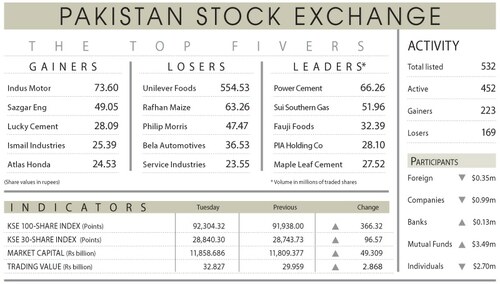CAMBRIDGE (Massachusetts): Researchers believe they’ve discovered a new weapon in the battle against tuberculosis: Free mobile phone minutes.
For years, doctors have struggled to get some TB patients to take all their medication, which generally involves a six-month regimen of multiple drugs.
Now a student-led group at the Massachusetts Institute of Technology has developed a way to use cell phones to let patients test themselves. And if the tests show patients are following doctor’s orders, they get rewarded with free minutes.
“We’re piggybacking on one of the bigger rollouts of infrastructure out there, which is wireless technology and telecom technology,” said Jose Gomez-Marquez, one of the project’s leaders.
The system works like this: Patients test their urine using a strip that reveals a numeric code if it detects TB medicine. They then text message the code to their health care provider and get credit toward incentives such as free minutes.
The in-home tests also eliminate the need for health care workers to make several patient-monitoring visits a week, a routine that is often impractical in remote places, Gomez-Marquez said.
Mobile phones are good tools for the project because they are common in the developing world, where it’s often cheaper to erect cell towers than miles of poles and wires, Gomez-Marquez said.
Dr Mario Raviglione, director of a World Health Organisation programme to fight TB, called the MIT idea “creative”. But he said personal visits must continue because systems that depend heavily on patient self-reporting have often failed.
“I would think it’s a dangerous game to rely only on incentives,” he said.
In 2006, the most recent year statistics are available, 9.2 million people worldwide were diagnosed with tuberculosis and 1.7 million died.
The disease can be cured with a steady regimen of drugs. But many patients start feeling better and stop taking the medicine too soon. Others abandon the drugs because of side effects such as nausea, fever and rashes.
If the drugs are taken only sporadically, the bacteria build up resistance.—AP














































Dear visitor, the comments section is undergoing an overhaul and will return soon.